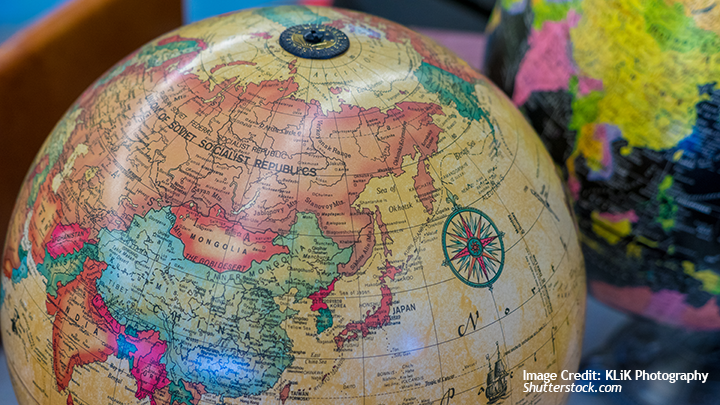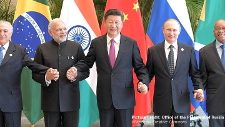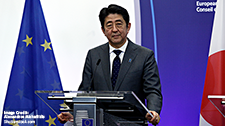Minilateralism and the new Indo-Pacific order: Theoretical ambitions and empirical realities

Jagannath Panda
This introductory paper sets the stage for the research essays in the special issue titled “Minilateralism and the new Indo-Pacific order: theoretical ambitions and empirical realities”. It provides an overview of the concepts of minilateralism and the context in which minilateralism has become an alternative form of collective action by states in the international arena, in particular in the Indo-Pacific region that has emerged as the new centre of gravity in world politics. How has minilateralism become a prominent feature of inter-state cooperation in the early twenty-first century, and how is it often used to complement (and in some cases, even substitute for) traditional international organisations, which are based on more liberal and inclusive multilateral norms and principles, but are suffering from functional deficits?
In a world of more diffuse power, how can minilateralism offer states an expanded toolset for pursuing their policy preferences and advancing their interests? At the same time, the paper also highlights the potential negatives of (or challenges to) minilateralism, including difficulties emanating from a narrowly framed agenda that perpetuates certain narratives, a leadership vacuum that could emerge from non-hierarchical arrangements, and questions about how to achieve support and legitimacy with low institutionalisation.
Read this special issue here.
Related Publications
-
India’s BRICS Balancing Act
KEY TAKEAWAYS For India, BRICS is an avenue to promote its global leadership, strategic autonomy and multipolar vision. India’s relations with anti-U.S. BRICS states like Russia and Iran complicate U.S.-India […]
-
Navigating the Indo-Pacific: How Australia and the EU Can Partner for Peace, Stability, and Prosperity
To navigate the choppy waters of the Indo-Pacific, the EU and Australia must be on the same wavelength regarding shared interests in rules, values, and an open and liberal economic […]
-
South Korea’s Indo-Pacific Strategy: A Ray of Hope or Losing Steam?
In late July, South Korea signed a memorandum on the Trilateral Security Cooperation Framework (TSCF) with the United States and Japan, a first-of-its-kind agreement that seeks to institutionalize trilateral defense […]
-
Strong Europe-Japan Relations are a Legacy of Shinzo Abe
Abe was a firm proponent of strengthening a free, open and rules-based Indo-Pacific. Not only was he steering Japan away from total dependence on the U.S. for its security, but […]
-
Convergence in Vietnam, EU Interests a Harbinger of Indo-Pacific Order?
In March and April, Vietnamese Foreign Minister Bui Thanh Son’s nearly back-to-back visits to the U.S. and China highlighted Vietnam’s increasing penchant for delicate diplomacy with major powers amid the […]




